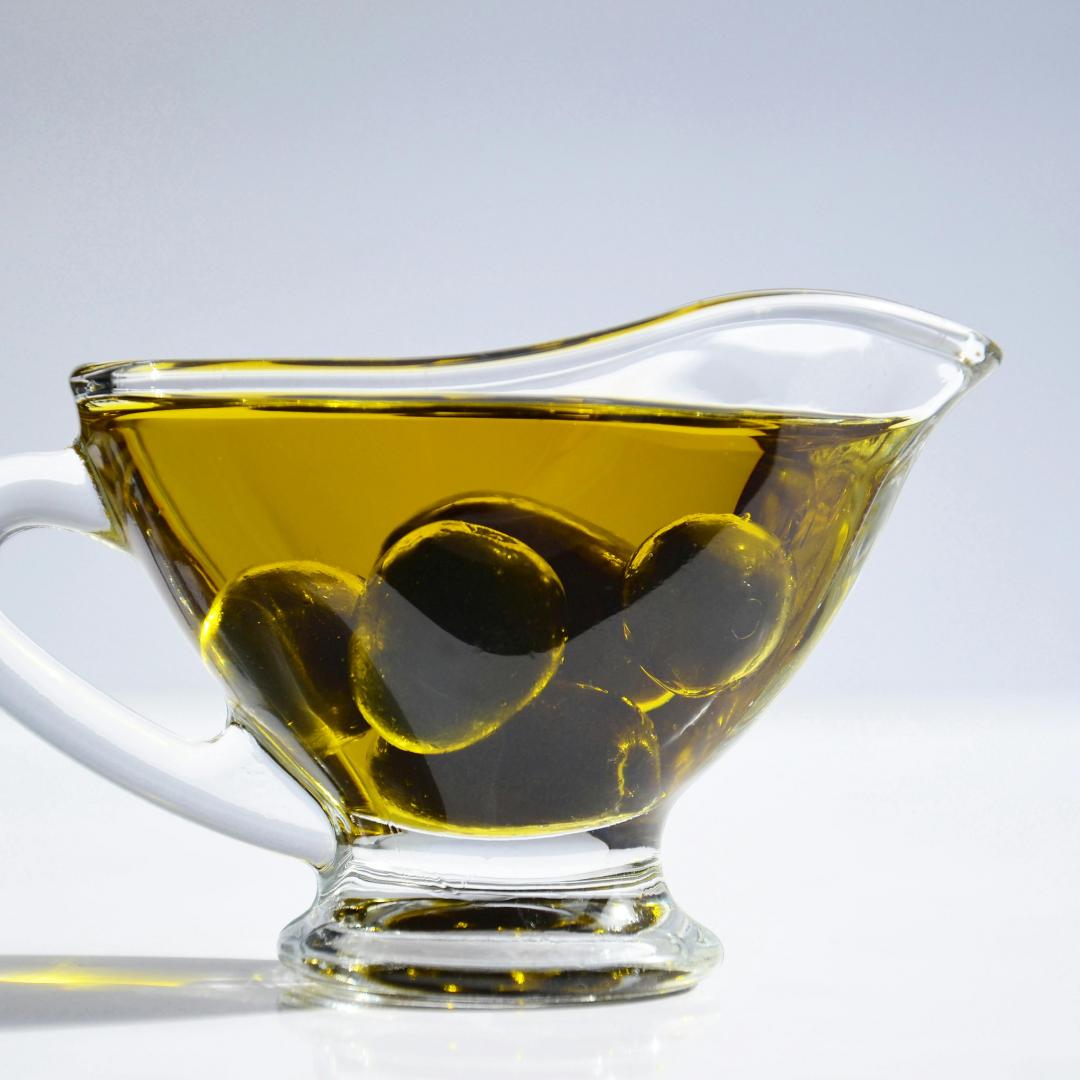The Best Cooking Oils for a Healthier Diet
In the pursuit of a healthier lifestyle, the choices we make in the kitchen play a critical role. Among these choices, the type of cooking oil used can significantly impact our overall health. With a myriad of options available on the market, each boasting unique properties and benefits, selecting the right cooking oil can be a daunting task. This article aims to guide you through some of the best cooking oils that can contribute to a healthier diet, focusing on their nutritional benefits and culinary uses.
Olive Oil
Olive oil, particularly extra virgin olive oil, is often hailed as a staple of the Mediterranean diet, which is renowned for its health benefits. Rich in monounsaturated fats and antioxidants, olive oil has been linked to reduced inflammation and a lower risk of chronic diseases, such as heart disease. Its high smoke point makes it versatile, suitable for sautéing, roasting, and even drizzling over salads. When choosing olive oil, opt for high-quality extra virgin varieties to maximize health benefits and flavor.
Avocado Oil
Avocado oil is another excellent choice for health-conscious cooks. It shares a similar fatty acid profile with olive oil, being high in heart-healthy monounsaturated fats. Additionally, avocado oil is rich in vitamin E and carotenoids, which support skin health and boost immunity. Its high smoke point—around 520°F (270°C)—makes it ideal for grilling, frying, and baking. With its mild, buttery flavor, avocado oil is also perfect for salad dressings and marinades.
Coconut Oil
Coconut oil has gained popularity in recent years, particularly in vegan and tropical cuisine. It contains medium-chain triglycerides (MCTs), which are believed to provide a quick source of energy and may aid in weight management. While coconut oil is high in saturated fat, studies suggest that its unique composition can have positive effects on cholesterol levels. It has a distinct flavor that complements baked goods, curries, and stir-fries. However, moderation is key, given its high saturated fat content.
Canola Oil
Canola oil is a versatile and budget-friendly option that is often recommended for heart health due to its low saturated fat content and high omega-3 fatty acids. It has a neutral flavor, making it suitable for a wide range of culinary applications, from baking to frying. Its relatively high smoke point also makes it a practical choice for high-heat cooking. When selecting canola oil, opt for non-GMO or organic versions to minimize exposure to genetically modified organisms.
Flaxseed Oil
Flaxseed oil is a nutritional powerhouse, rich in alpha-linolenic acid (ALA), a type of omega-3 fatty acid that supports cardiovascular health. However, due to its low smoke point, flaxseed oil is not suitable for cooking. Instead, it shines as a finishing oil, perfect for drizzling over salads, smoothies, or oatmeal. To preserve its nutritional value, store flaxseed oil in the refrigerator and use it within a few months of opening.
Walnut Oil
Walnut oil is another nutrient-dense option, packed with omega-3 fatty acids and antioxidants. Its rich, nutty flavor makes it an excellent addition to salad dressings, pasta dishes, and desserts. Like flaxseed oil, walnut oil has a low smoke point and is best used as a finishing oil rather than for cooking. Its delicate flavor pairs well with vinaigrettes and can enhance the taste of roasted vegetables and baked goods.
Sesame Oil
Popular in Asian cuisine, sesame oil is known for its distinctive flavor and aroma. It is a good source of polyunsaturated fats and contains sesamol and sesaminol, antioxidants that support cellular health. While regular sesame oil can be used for sautéing and frying, toasted sesame oil is best reserved as a finishing touch to dishes like stir-fries, noodle salads, and marinades.
Conclusion
Choosing the right cooking oil is a crucial step toward a healthier diet. While each oil has its unique benefits and culinary uses, moderation and variety are key. Incorporating a range of these oils into your cooking routine can help you enjoy diverse flavors while reaping the health rewards. Always consider the oil's smoke point, flavor profile, and nutritional content when making your selection, and strive to use oils in their least processed forms for maximum health benefits.






















